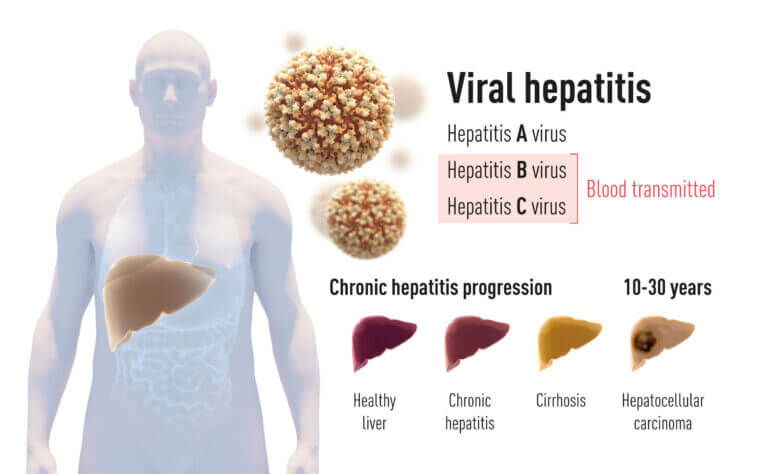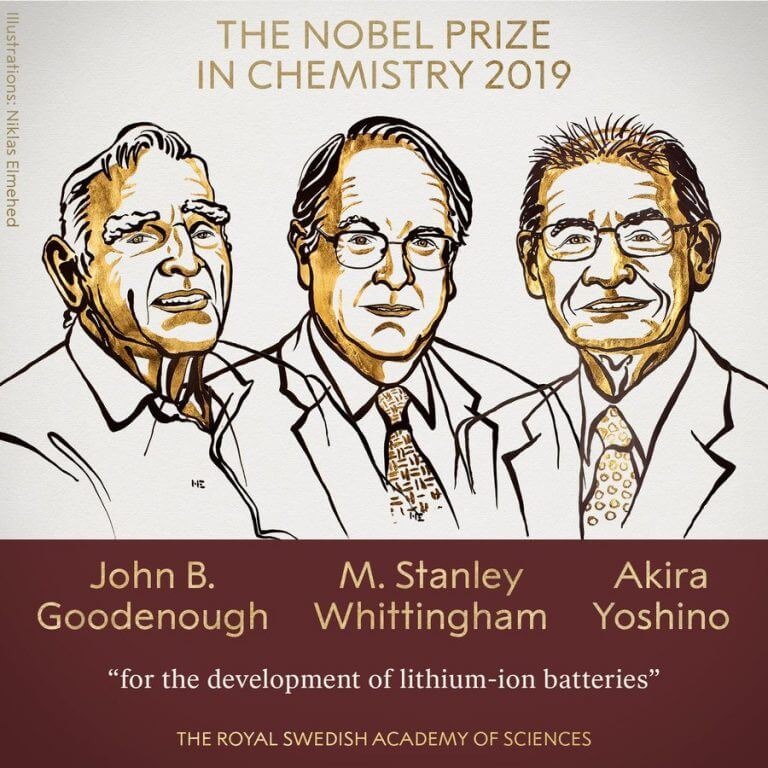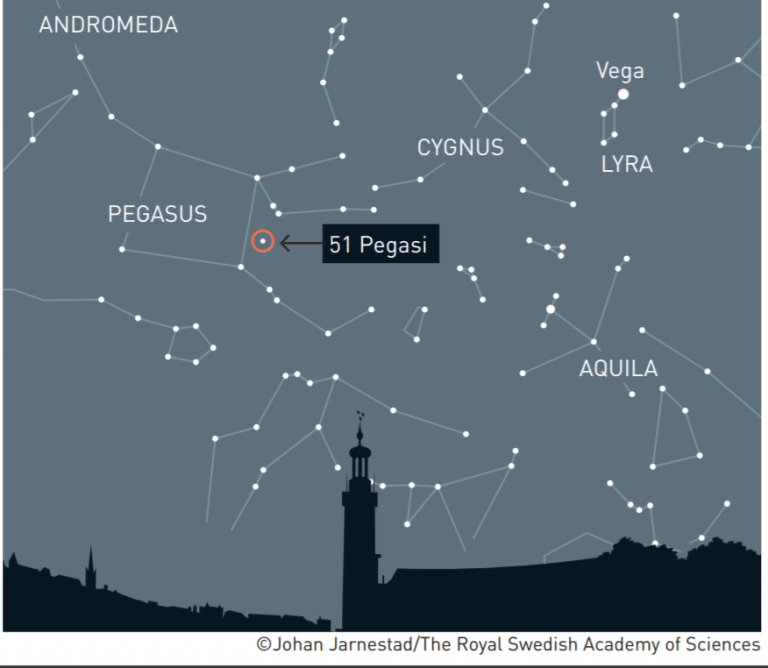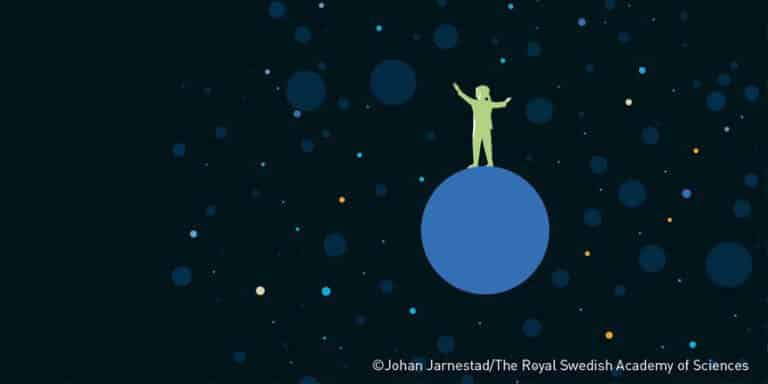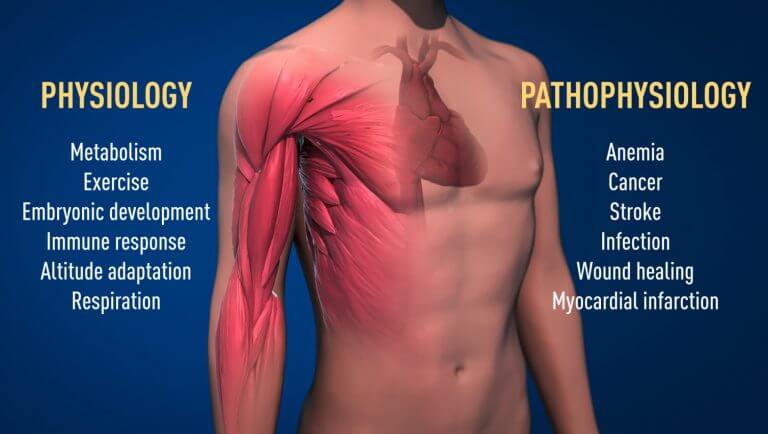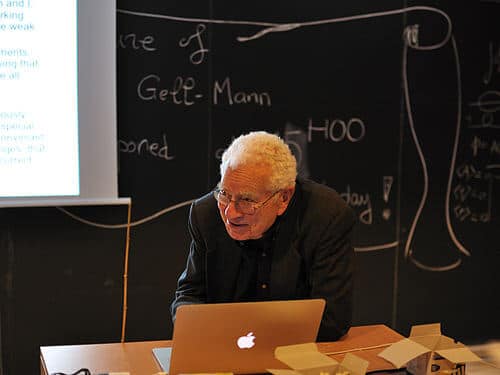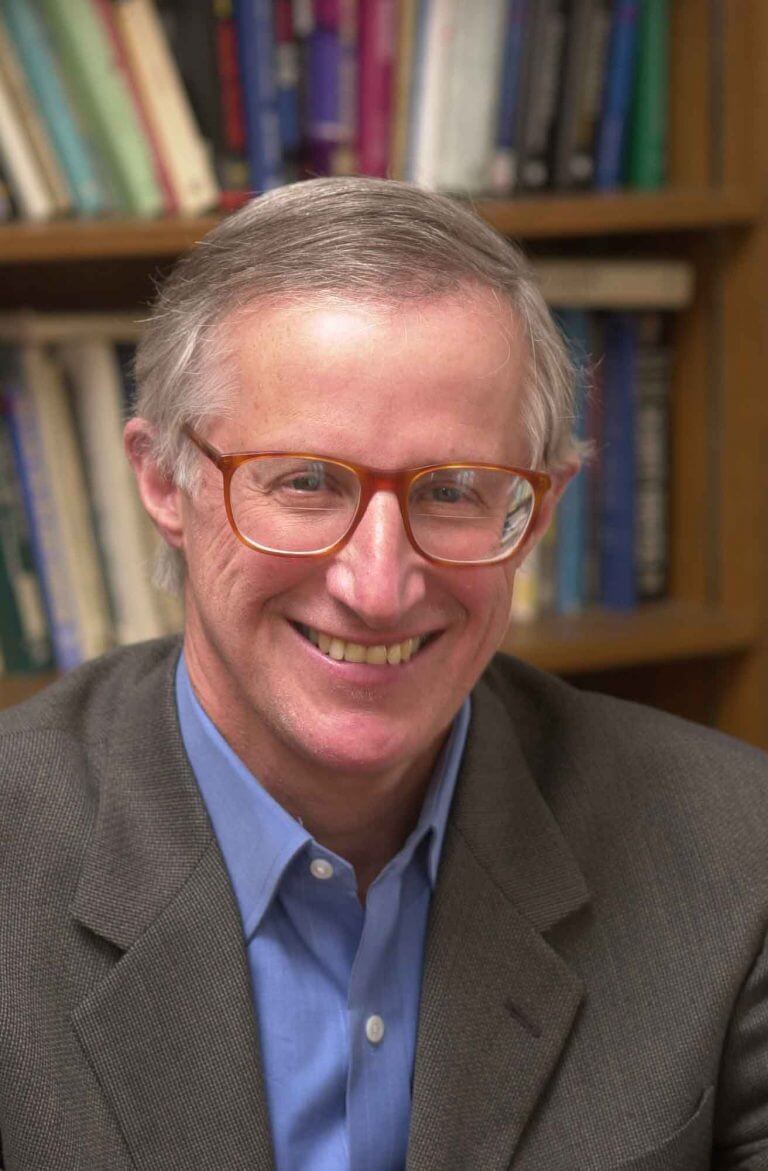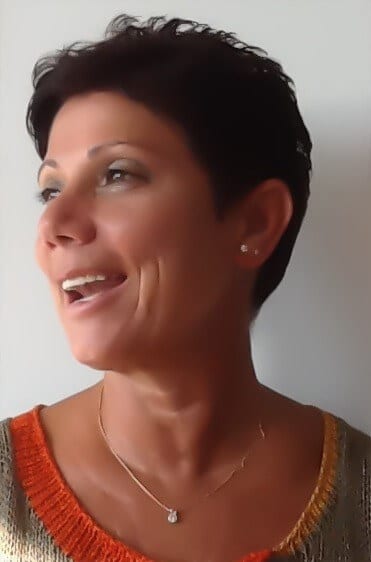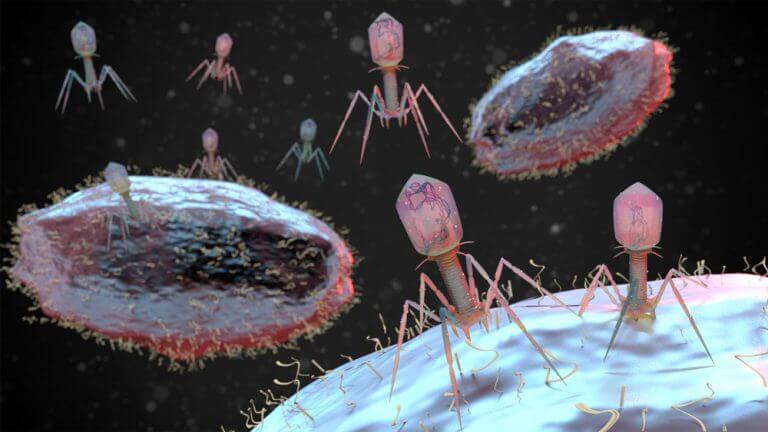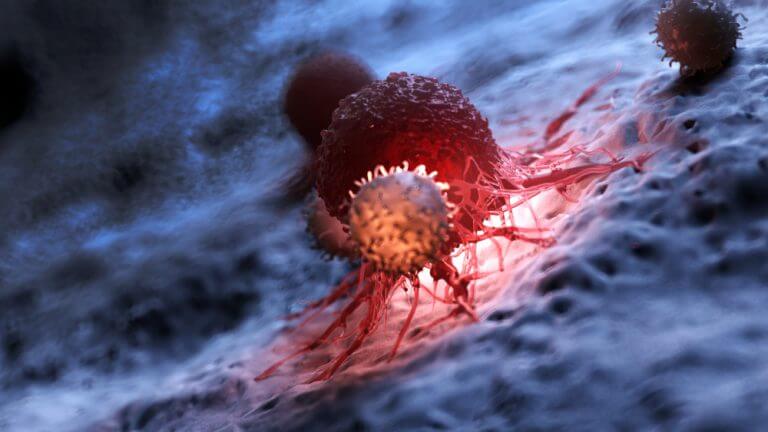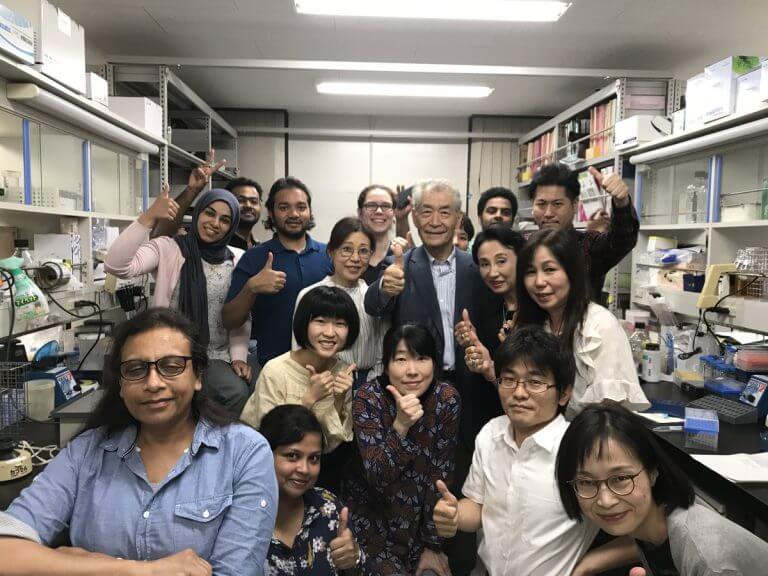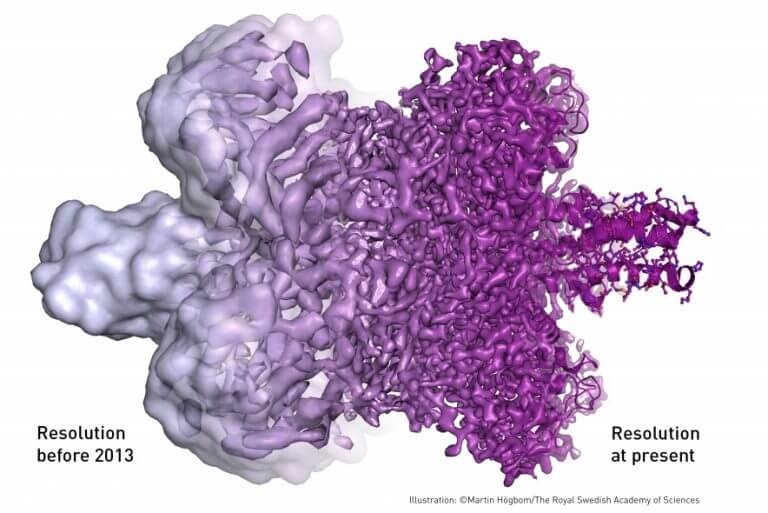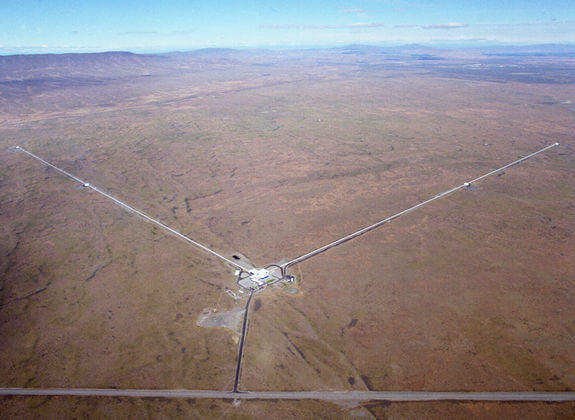Hayadan > Society and history > Scientists > Nobel Prizes
Nobel Prizes
- Dr. Moshe Nahamani
- October 4, 2023
- 2 תגובות
Today, quantum dots, which are tiny nanoparticles whose size determines their properties, illuminate computer monitors and TV screens when these are based on QLED technology. In the field of medicine, quantum dots are currently used to map biological tissues
- Dr. Moshe Nahamani
- October 3, 2023
- One response
The 2023 Nobel Prize in Physics was awarded to three researchers: Pierre Agostini, Ferenc Krausz and Anne L'Huillier for "the development of their methods that produce extremely short attosecond pulses of light For the study of the dynamics of electrons inside the material"
- Dr. Moshe Nahamani
- October 2, 2023
- No comments
Kariko and Weissman immediately realized that their discovery was of enormous significance for the possible use of messenger RNA in medicine. These important findings were published in 2005, 15 years before the outbreak of the Corona epidemic.
- Avi Blizovsky
- October 2, 2023
- One response
The two, Katalin Kariko and Drew Weissman, were informed about a month ago that they had won the HARVEI Award at the Technion
- Avi Blizovsky
- October 4, 2022
- 3 תגובות
- Dr. Moshe Nahamani
- October 3, 2022
- One response
Santa Febo is a Swedish evolutionary geneticist, one of the founding fathers of the field of paleogenetics, leader of the international project to map the Neanderthal human genome, and co-discoverer of Denisovan man
- Avi Blizovsky
- October 12, 2020
- 14 תגובות
The number of women who received the Nobel Prize in physics increased from three to four, and in chemistry from five to seven (in both cases including Marie Curie). Is this a coincidence or the start of a trend?
- Avi Blizovsky
- October 8, 2020
- 3 תגובות
This is what Prof. Harmona Sorek from the Institute of Life Sciences at the Hebrew University says in an interview with the Scientist website, who is happy about the decision to award Emmanuel Charpentier and Jennifer Doudna the Wolf Prize last year. Now Charpentier is establishing the Max Planck Institute for Infectious Diseases in Berlin with high budgets, and is also contributing to corona research
- Avi Blizovsky
- October 8, 2020
- 2 תגובות
Prof. Schechtman, chairman of the Wolf Foundation, also tells about the ratio of one-third of the Wolf Prize winners in the respective fields who later win Nobel Prizes, and why there are such large differences in the gaps. Crisper, like nitroglycerin, can be used for good things, but can also cause damage in the wrong hands.
- Avi Blizovsky
- October 8, 2020
- One response
Says Prof. Hagai Netzer from the School of Physics and Astronomy at Tel Aviv University who wrote dozens of joint articles with Ganzel
- Avi Blizovsky
- October 7, 2020
- 5 תגובות
- Dr. Moshe Nahamani
- October 6, 2020
- 11 תגובות
- Dr. Moshe Nahamani
- October 5, 2020
- No comments
The winners are: Harvey Alter from the USA, Mike Houghton from the UK and Charles Rice from the USA
- Dr. Moshe Nahamani
- October 9, 2019
- No comments
- Dr. Moshe Nahamani
- October 9, 2019
- 10 תגובות
- Avi Blizovsky
- October 8, 2019
- 3 תגובות
- Dr. Moshe Nahamani
- October 7, 2019
- 2 תגובות
- Avi Blizovsky
- June 4, 2019
- 7 תגובות
- Angle - a news agency for science and the environment
- October 15, 2018
- No comments
- Avi Blizovsky
- October 4, 2018
- 6 תגובות
- Dr. Moshe Nahamani
- October 3, 2018
- No comments
- Dr. Moshe Nahamani
- October 1, 2018
- 2 תגובות
- Dr. Moshe Nahamani
- October 1, 2018
- No comments
- Dr. Moshe Nahamani
- October 4, 2017
- No comments
- Avi Blizovsky
- October 4, 2017
- 6 תגובות

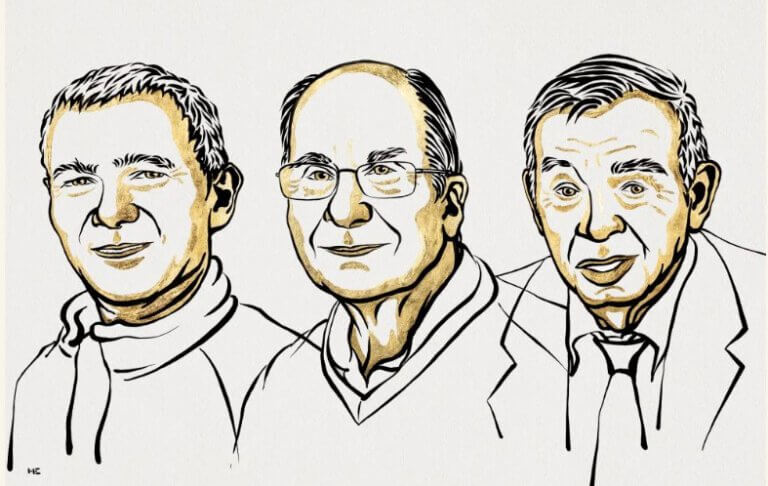
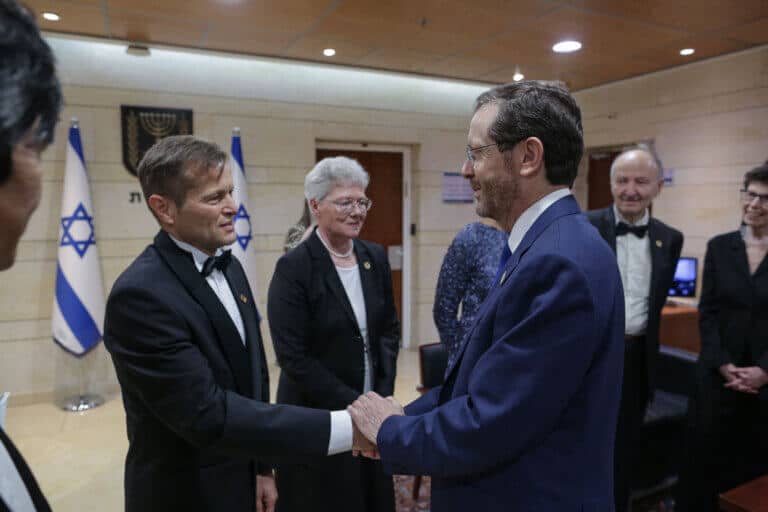
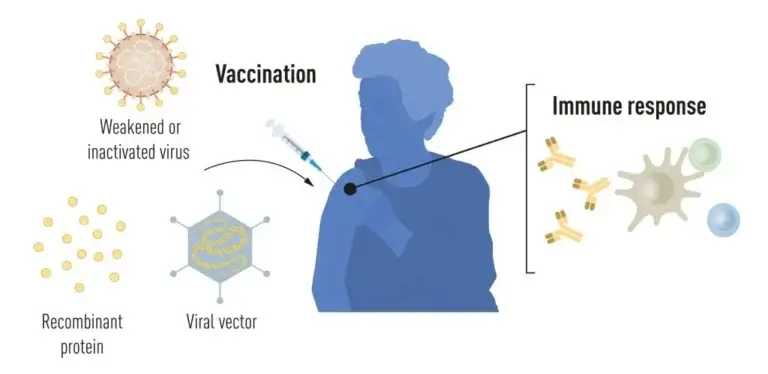
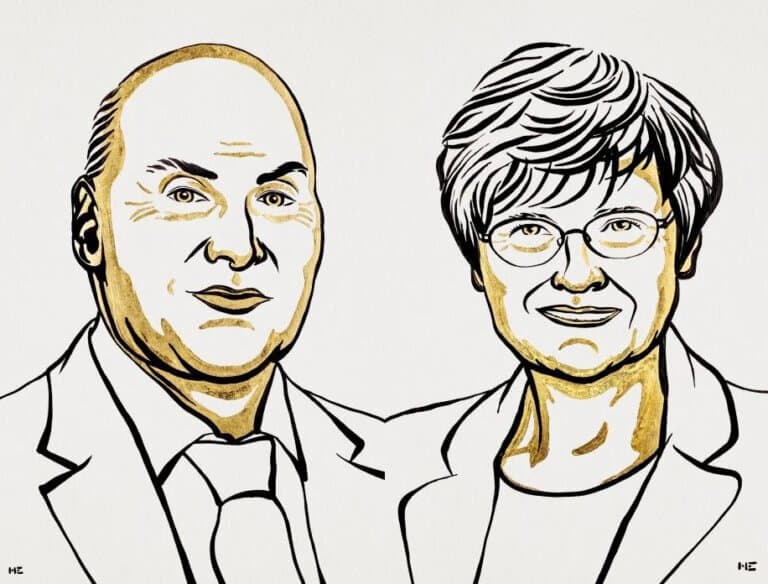
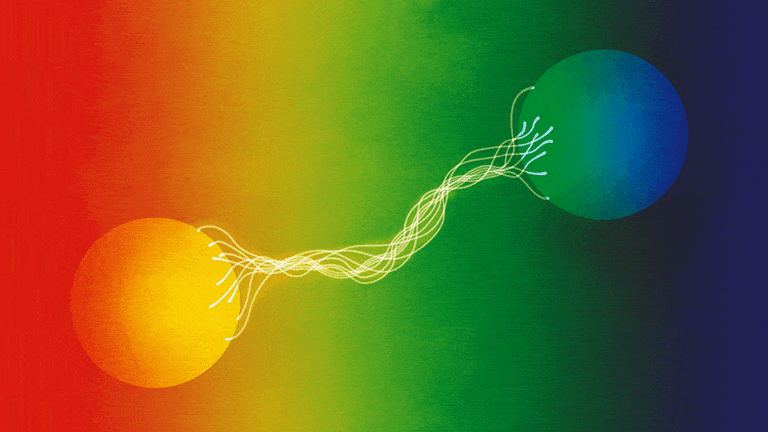
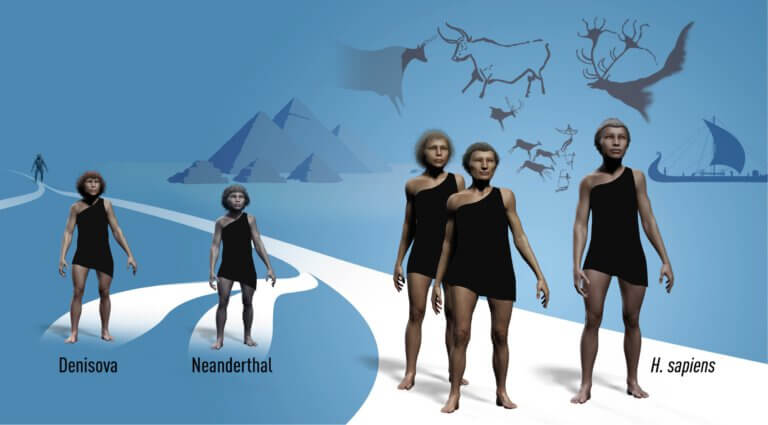
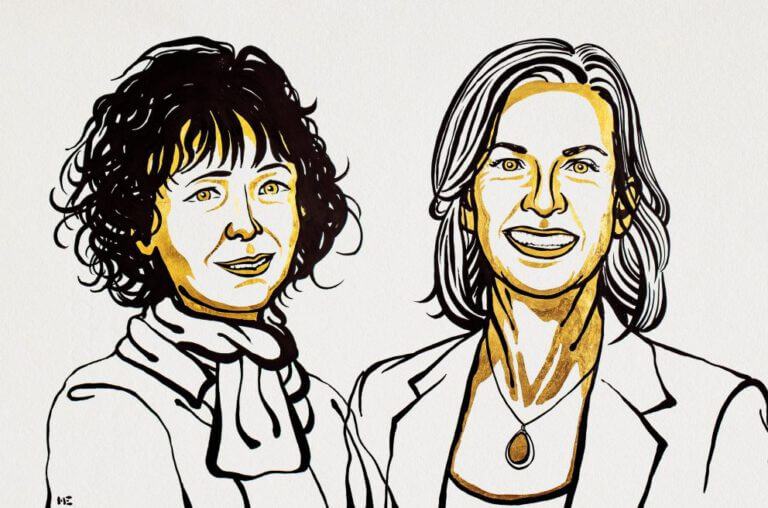
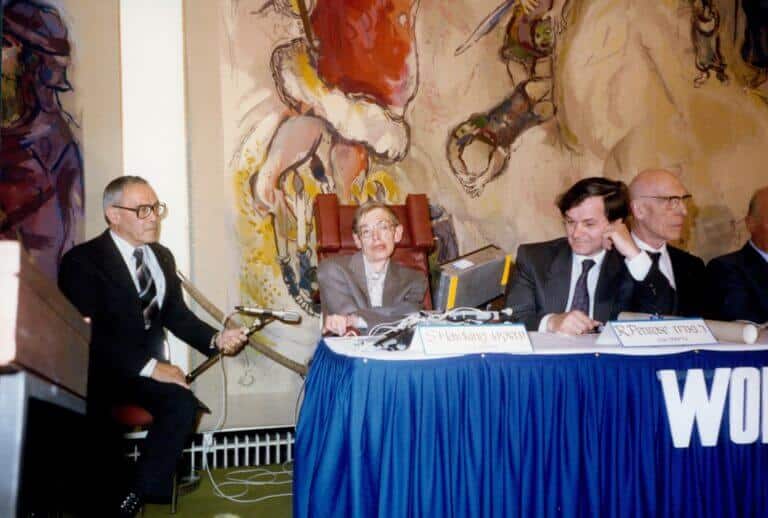
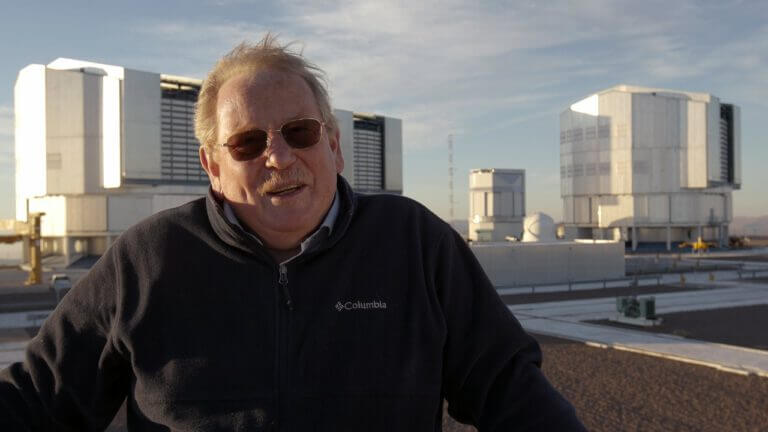
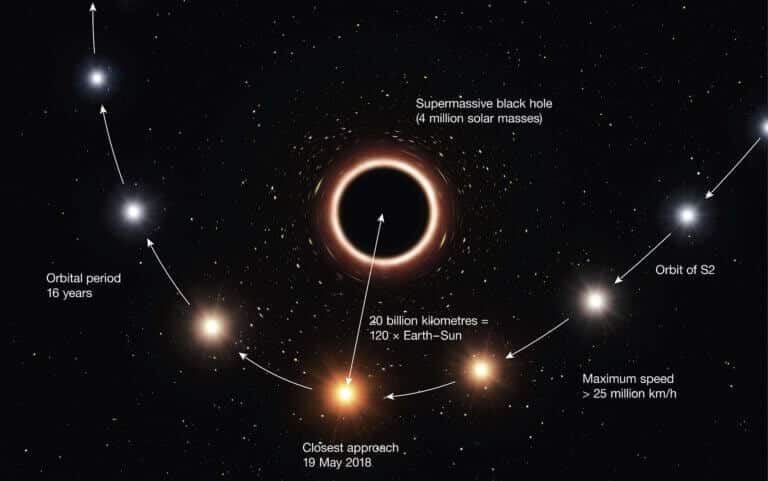
![Illustration of the galaxy and the giant black hole at its center. The black hole converts some of the matter it absorbs into energetic radiation (shaded in blue), while the galaxy continues to form new stars (purple areas). [Image credit: Michael Helfenbein/Yale University - M. Helfenbein / Yale University]](https://www.hayadan.org.il/images/content3/2015/07/Monster_Black_Hole.jpg)
